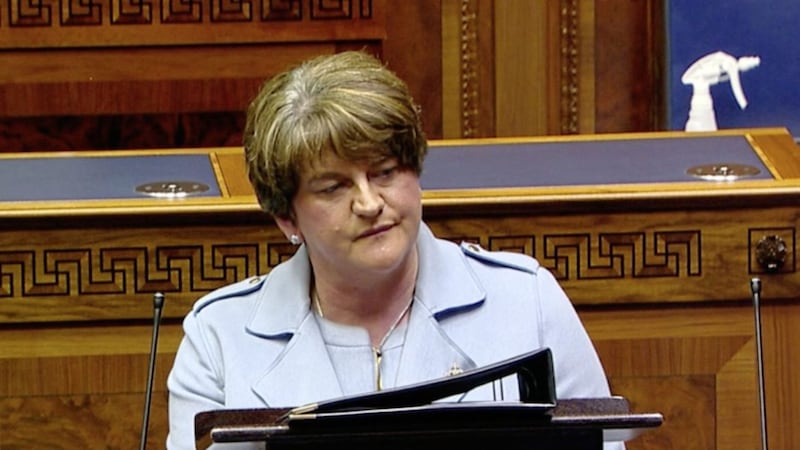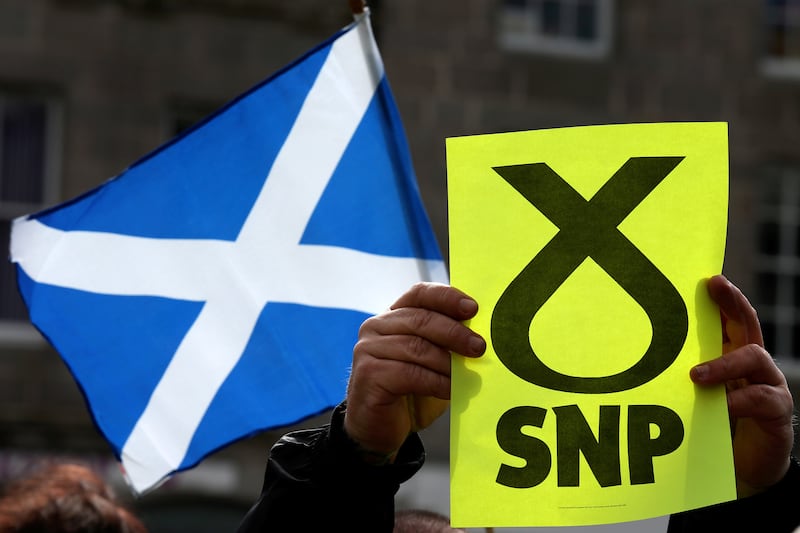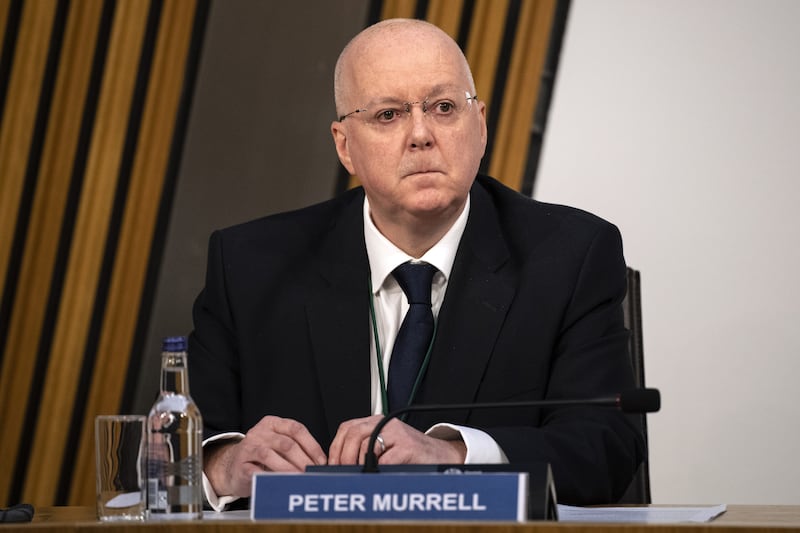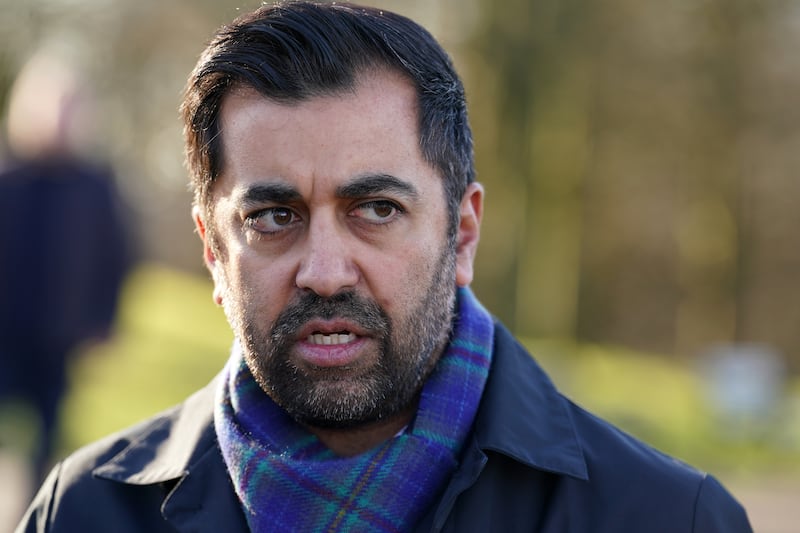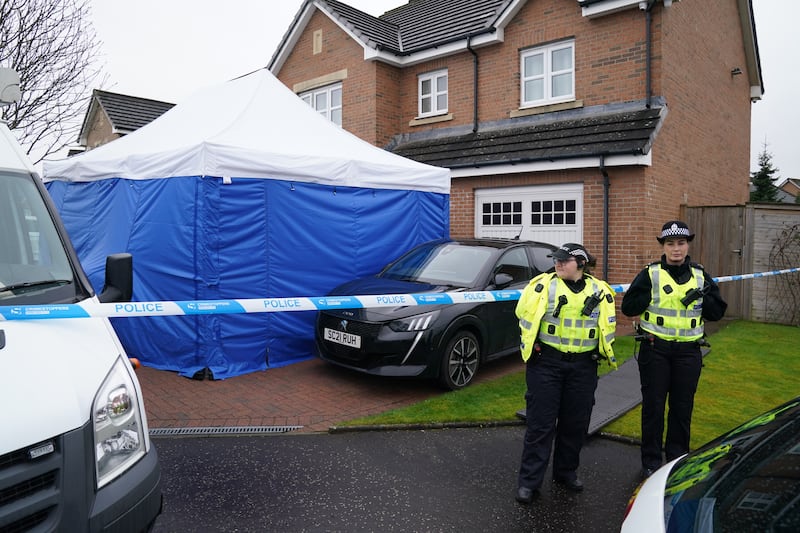ARLENE Foster's resignation as first minister today meant Michelle O'Neill automatically ceased to hold office too.
Under the legislation – Northern Ireland (St Andrews Agreement) Act 2006 – fresh nominations must take place within seven days or an election is called. If there is no first and deputy minister in place, then there can be no further executive business, including the easing or tightening of Covid regulations.
New Decade New Approach included a commitment to review the legislation and extend this period from seven days to six months but these changes have yet to take place.
The deadline for nominating the new first and deputy first ministers is 1pm on Monday June 21.
Failure to nominate is supposed to trigger an election, the timing of which is at the discretion of the secretary of state. However, as the collapse of devolution in January 2017 and the subsequent three years without an election demonstrated, the British government may choose to delay an assembly poll, though the next is scheduled for spring 2022 anyway.
Speaker Alex Maskey has said he will reconvene the assembly to accommodate the ministers' nomination between now and next Monday but only if the parties have indicated that the vacancies can be filled.
If next Monday's deadline passes without the nomination of new first and deputy first ministers, we will be in full crisis mode. However, it seems likely that the formalities of nominations and rebooting the executive can take place at any time, as long as there is willingness from the parties. If not, it's over to Brandon Lewis.
Read more: Arlene Foster's final words to the Assemby
